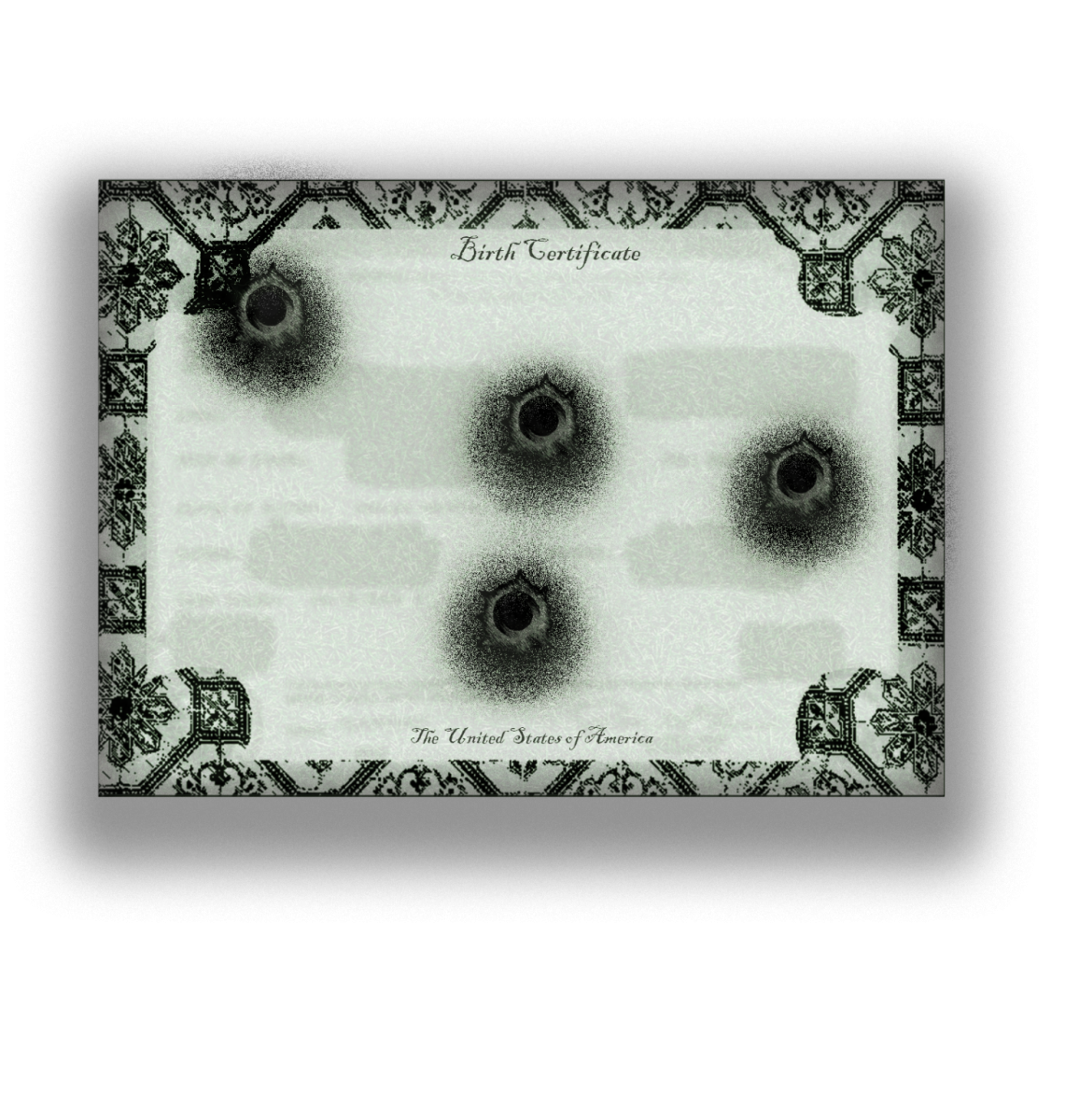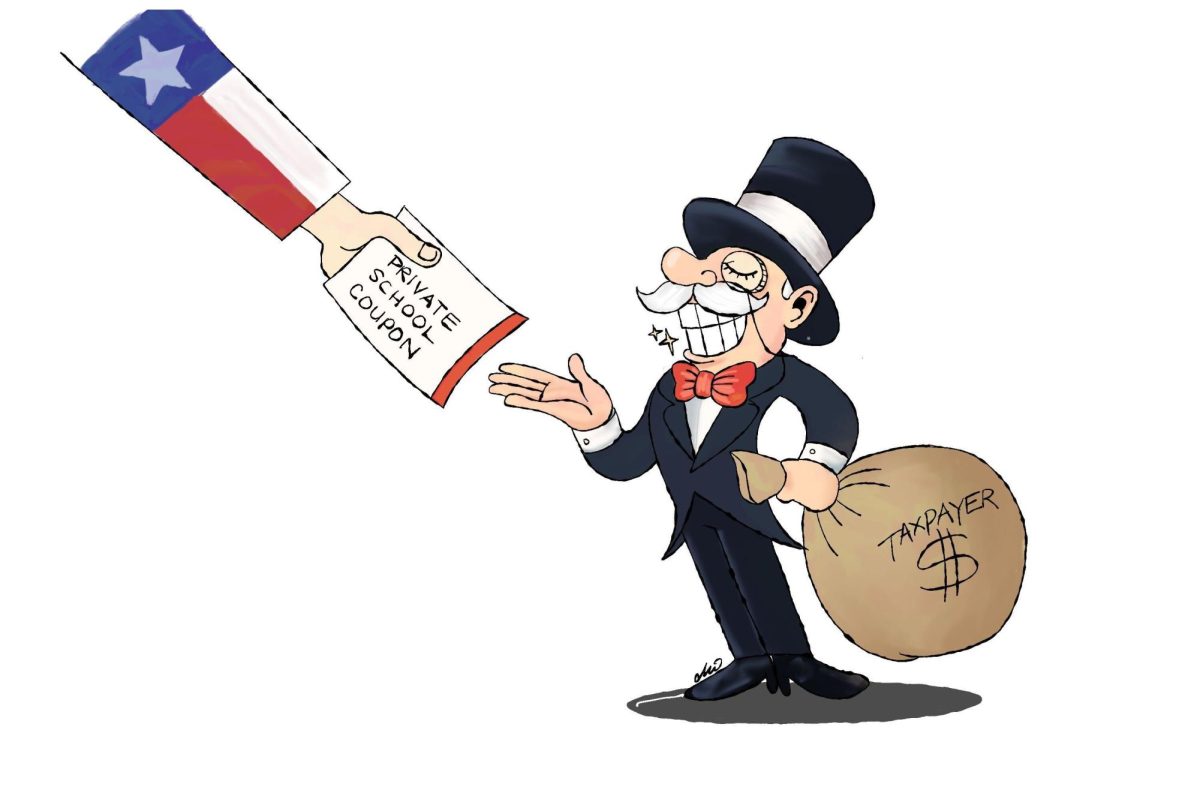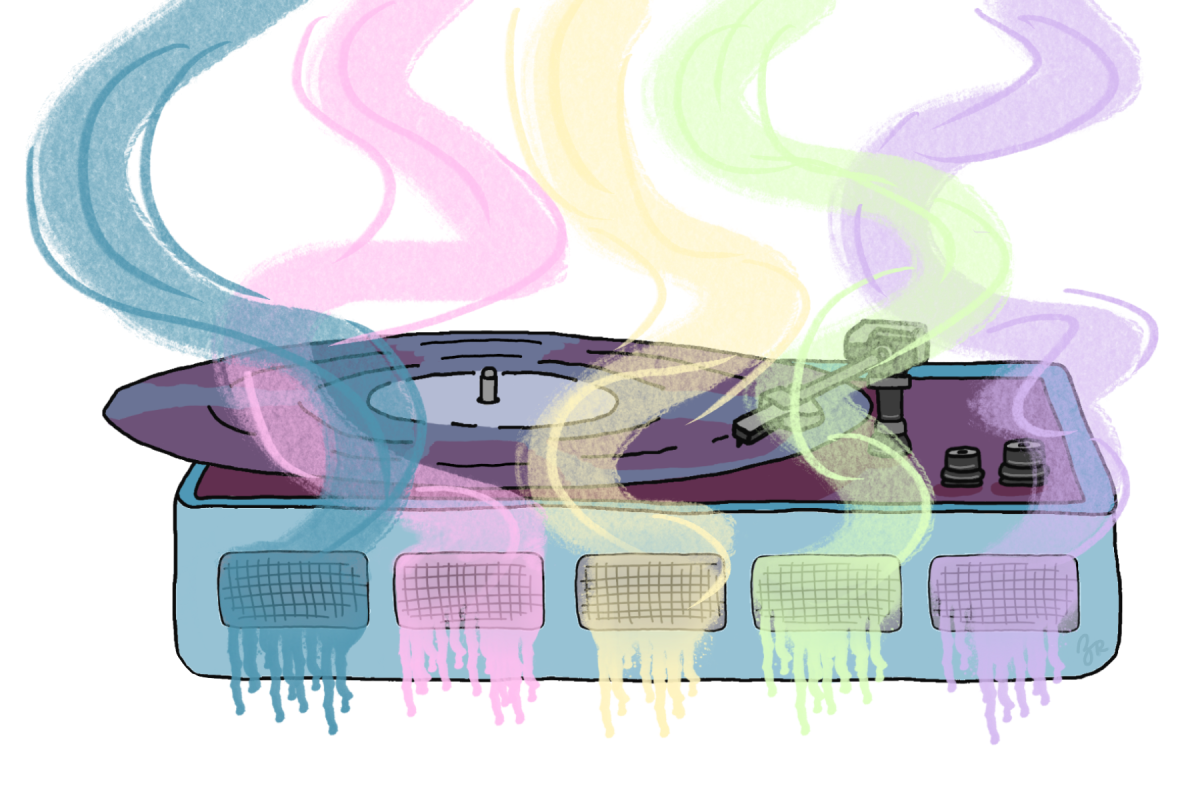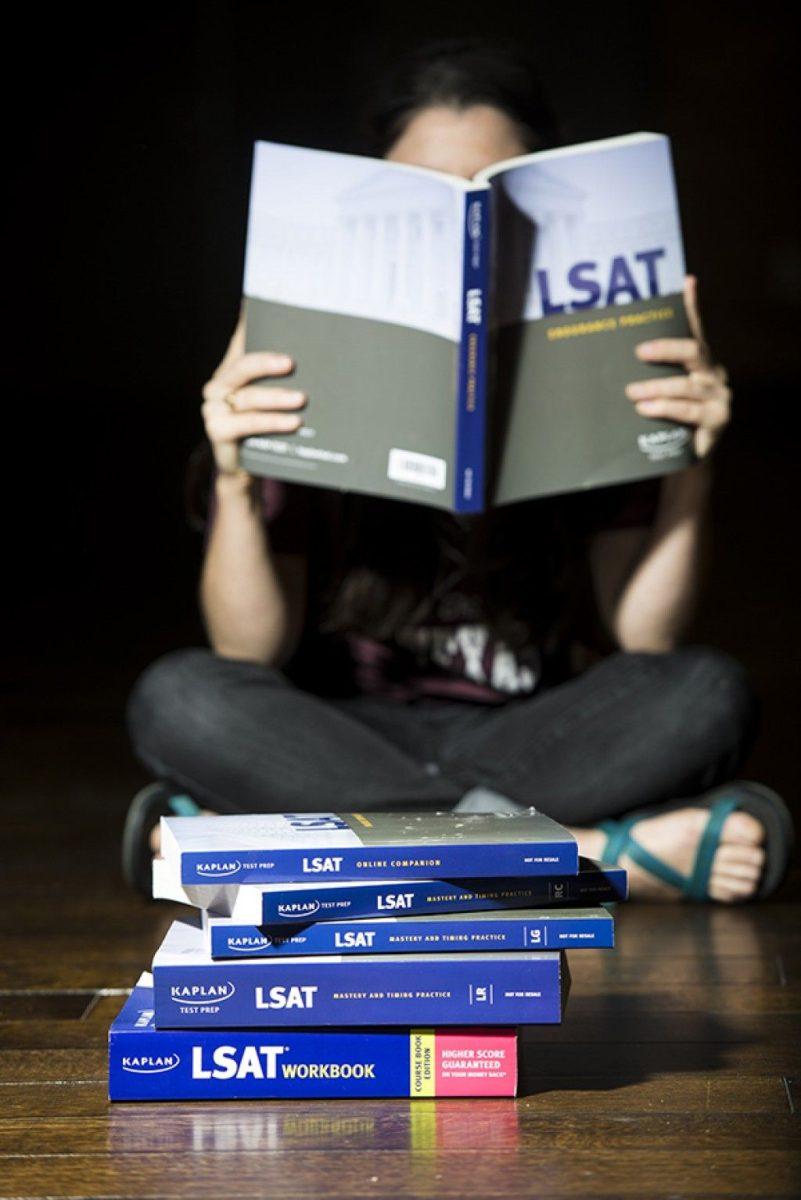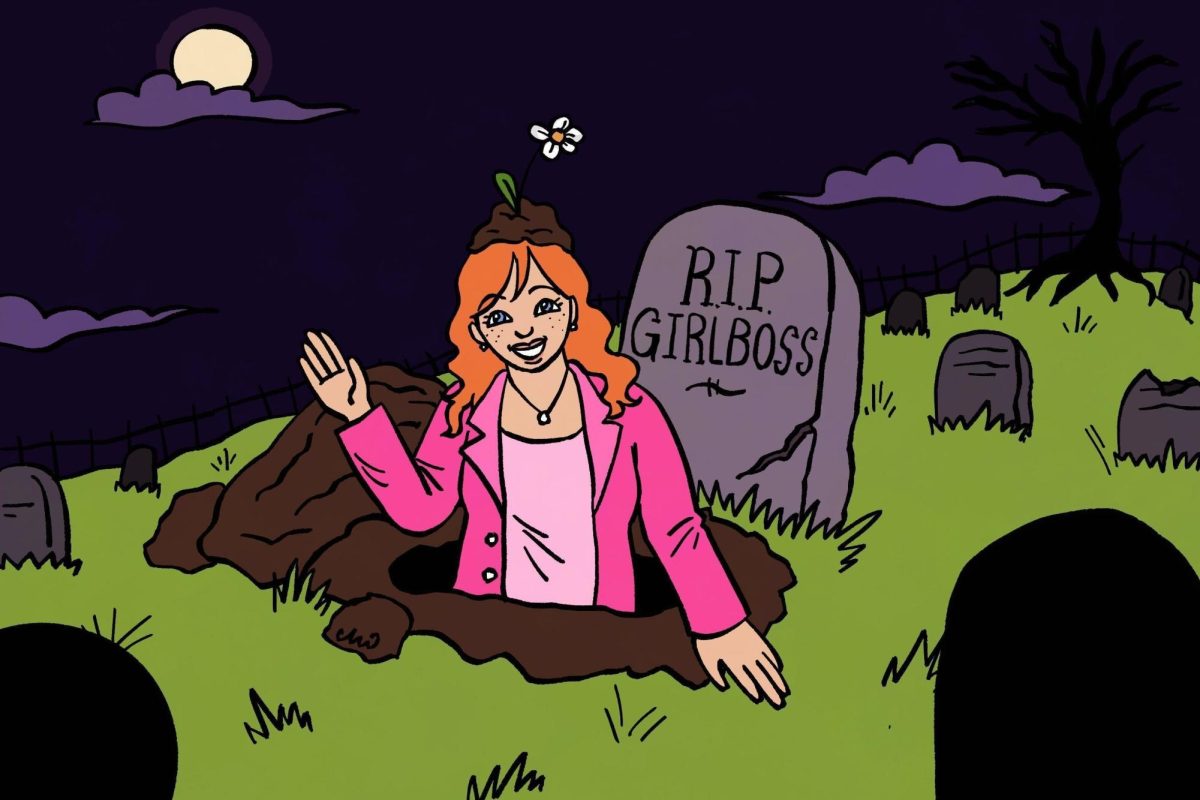I’ve been an avid reader for as long as I can remember.
Perhaps, it was because my mother was an English teacher who drilled the importance of literature into my head, or maybe it was because I have lived my entire life in imagination and dreams. Regardless of whichever started my passion for reading, I sit here writing this column below shelves of books — many of which are being banned across the country.
Book bans are not a new thing in Texas, in the U.S. or even the world. They’ve been a prevalent part of history for various reasons. The main reason: the words conveyed on certain pages were too true, too blunt and too black and white.
These bans have once again reared their ugly heads, gaining traction at the beginning of this year. So, let’s talk about that.
When I was in the ninth grade, we were assigned to read “To Kill a Mockingbird.” To a lot of people, it’s a classic tale of American history. I will admit, this book at times did make me feel uncomfortable, but it also made me enraged. This story gave a 14-year-old white girl perspective on a time she will never encounter and it was — is — an appalling experience to transcend words into imagination and place yourself directly into Tom Robinson’s shoes.
“To Kill a Mockingbird” by Harper Lee is among one of the most frequently mentioned books to make banned lists. Mostly, because of its racial slurs and plot — a rape trial.
Most recently, “Maus” by Art Spiegelman, a Holocaust memoir, has been banned in Tennessee for its “adult content.”
It’s fair to say there isn’t any sugar-coating the horrors that both adults, and children, endured during the Holocaust. It would seem very difficult to teach about the gruesome genocide without detailing its atrocities. I can’t recall one book that doesn’t describe the Holocaust as anything but such.
In Texas Rep. Matt Krause sent a letter in October to the Texas Education Agency and school district superintendents from around the state asking if they had any of the almost 850 books on a list he made. He asked for a response that included how many of the books each school had and how much was spent on these books.
You can take one scroll of this 16-page document and see an underlying theme. All of these books include topics of either race, sexuality, women’s health or anything in between.
Krause defended this list by investigating book titles that could “make students feel discomfort.” One book included is about how to deal with bullies. I suppose bullying is now considered character building by Krause and not considered to cause “discomfort.”
A lot of these books, either included in Krause’s list or others across the U.S., detail the histories and facts of American history — the good, the bad and the ugly.
Sure, it’s fair to say that 10-year-olds shouldn’t have access to many young adult novels — not that they’d be cognitively capable of fully comprehending them anyway. But taking away resources that aren’t included in a state’s curriculum isn’t fair to students, regardless of the message included.
Libraries are a dying breed, with little funding, but a focal point of knowledge. Taking away these books from schools, whether they’re picture books, chapter books or whatever, takes away the potential for learning. I’ll agree, elementary and secondary school students shouldn’t be exposed to young adult content. However, everyone should have free access to resources that are acceptable for their age group, regardless of the content.
Many of these — “To Kill a Mockingbird,” “The Handmaid’s Tale,” “Maus,” “The Hate U Give” — are important lessons to be learned, albeit, sometimes tough ones.
Taking away books that are otherwise inaccessible isn’t fair to students, it’s cruel. For a lot of them, kindergarten through maybe 12th grade will be the only schooling they experience. Some won’t be able to attend college where they’d be exposed to these diverse narratives. Allowing students to absorb as much tangible information as they can is the best way they can learn.
After all, books are written documents of knowledge that can carry generation after generation to, hopefully, make this world a better and more understanding place.
“So now do you see why books are hated and feared? They show the pores in the face of life. The comfortable people want only wax moon faces, poreless, hairless, expressionless.” — Ray Bradbury, “Fahrenheit 451”
Shop banned books here.
Kaelin Connor is a psychology senior and opinion columnist for The Battalion.







